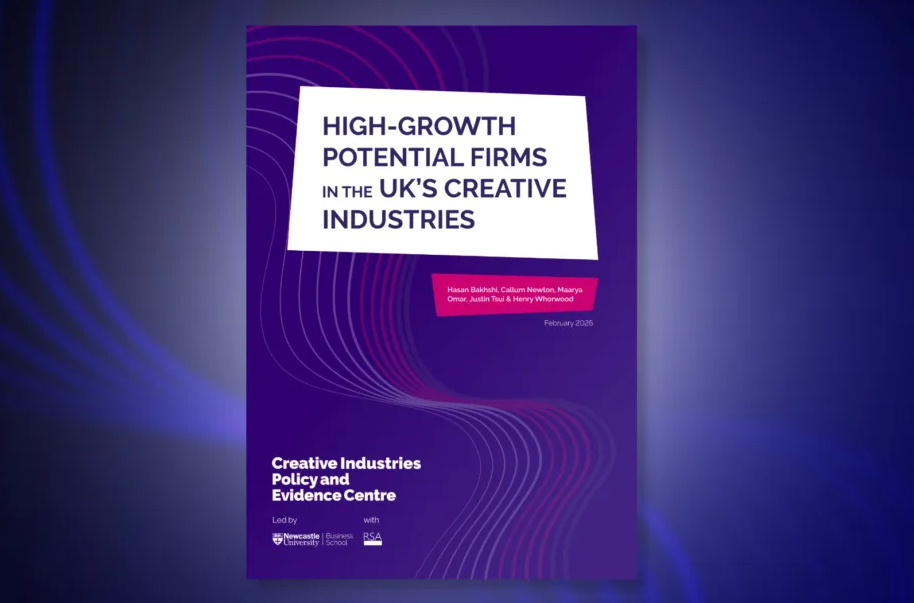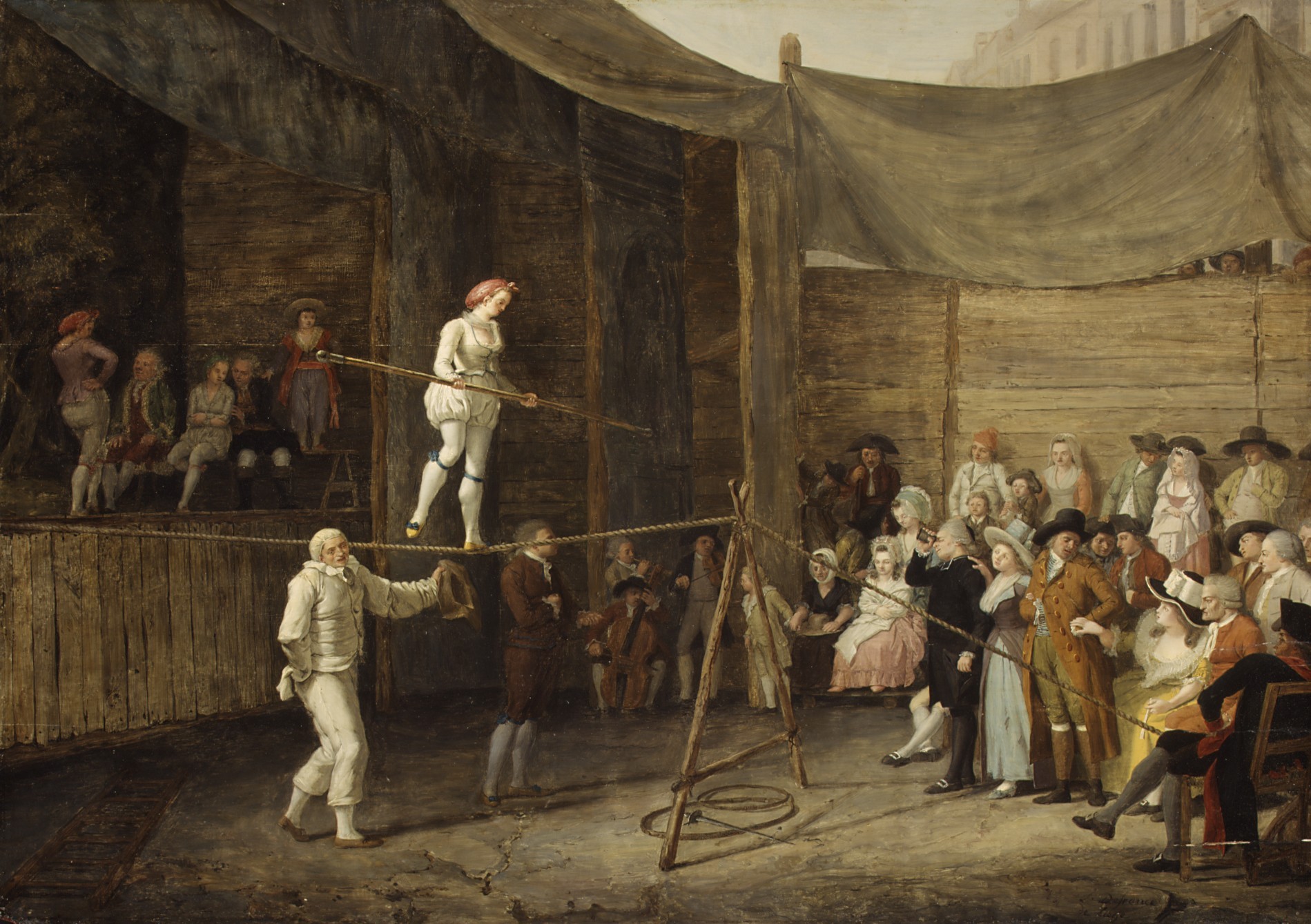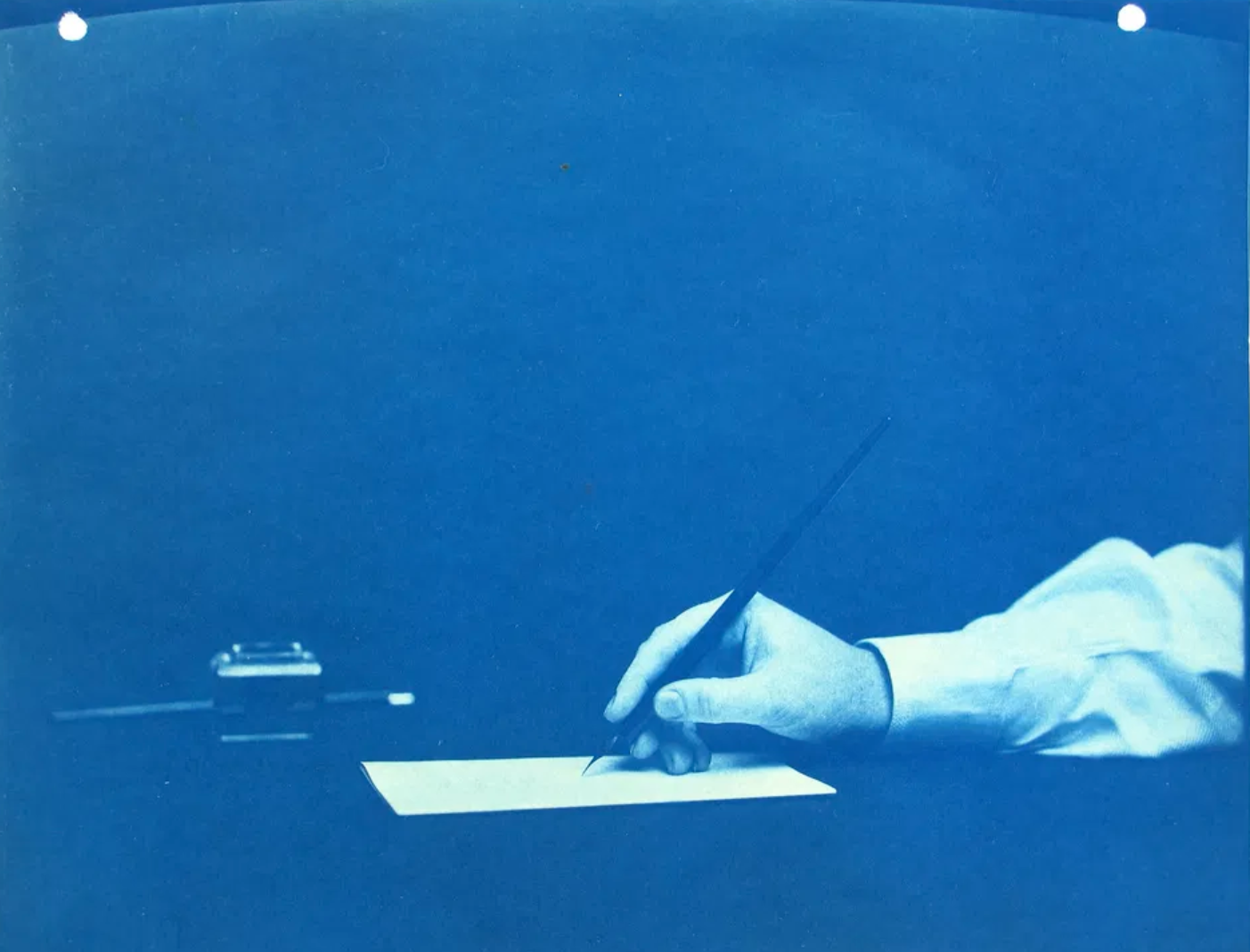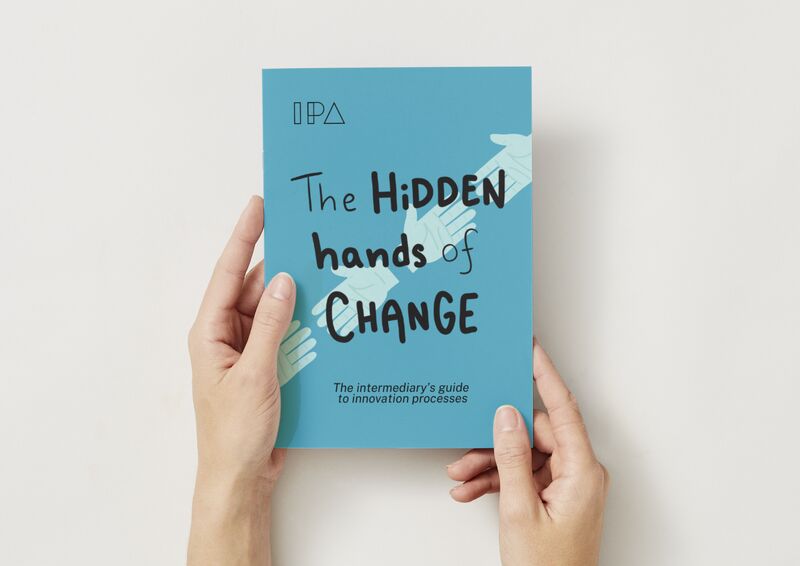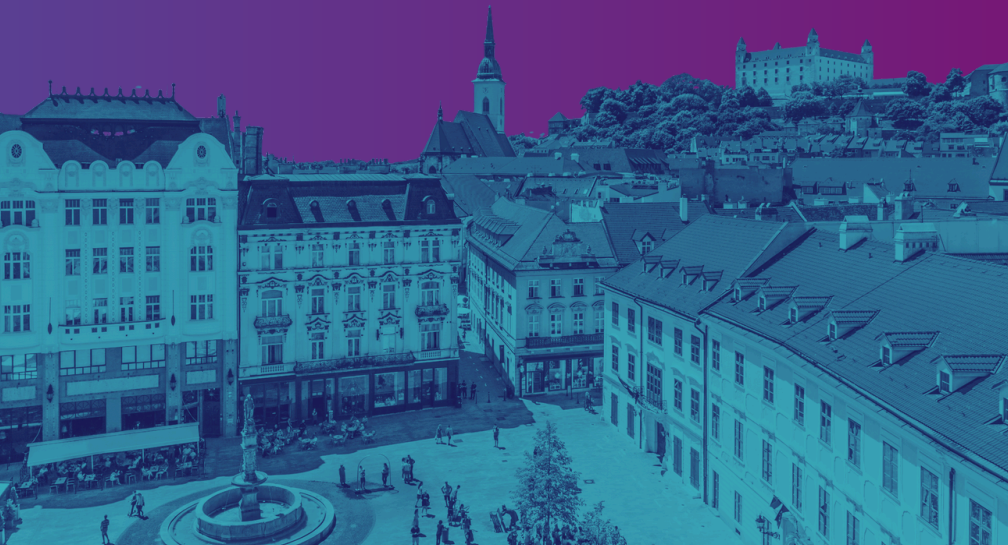City Case Description: Lund & Ecodesign
What role can the Digital Product Passport (DPP) play for circular and eco-design in a local context where manufacturing has largely moved to other countries outside Europe? Policy makers and local stakeholders in Lund, Sweden explore this by prototyping innovation policy.

-
Author
- ekip (2025)
-
Audience
-
Geographical scope
-
Region
-
Resource type
How does “prototyping” work?
This City Case Description is the outcome of a policy prototyping exercise within a city ecosystem.
Once the ekip research team has explored a policy area and its connection to cultural and creative
industries (CCIs) and innovation, we ask: what would this mean in a local city context?
Together with local stakeholders, we test how a draft policy recommendation might stimulate innovation. Using Portfolio Sensemaking, stakeholders simulate an innovation portfolio, analyse the strengths and gaps of the local support system, and identify what resources are needed to realise the portfolio.
Lund Context & Area of Focus
Sweden (and Lund) has strong design and retail sectors, advanced fibre and material science, a vibrant crafts scene, but there is almost no textile manufacturing left. Yet, Lund is a Net Zero Mission City with ambitious leadership in sustainable transformation and wants to find a way to bring back circular manufacturing. We explored what happens when fashion and craft meet in a shared mission for sustainable, circular manufacturing.
What role can the Digital Product Passport (DPP) play for circular and eco-design in a local context where manufacturing has largely moved to other countries outside Europe?
Europe’s consumption of textiles is rising and so are the mountains of waste. To tackle this, the EU is introducing the Digital Product Passport (DPP) as part of the Ecodesign Product Responsibility Regulation (ESPR) prioritising textiles. From 2027, most products sold in Europe will require a DPP
containing details about origin, materials, environmental impact, and end-of-life options.
The goal: greater transparency and consumer demand for reliable data to make sustainable choices. DPP obligations will affect craft, design, textiles, materials, logistics, manufacturing, electronics and other sectors.

 AI and Cultural and Creative Industries
AI and Cultural and Creative Industries New European Bauhaus – CCIs enabling green transition
New European Bauhaus – CCIs enabling green transition Immersive Media
Immersive Media Crafts-led Innovation
Crafts-led Innovation Platformisation of the Music Industry
Platformisation of the Music Industry Inclusivity in Video Game Industry
Inclusivity in Video Game Industry Cross-Innovation with Performing Arts
Cross-Innovation with Performing Arts Fashion Transition: Eco-Design for Circularity
Fashion Transition: Eco-Design for Circularity Cultural Heritage Institutions within Open Innovation Ecosystems
Cultural Heritage Institutions within Open Innovation Ecosystems